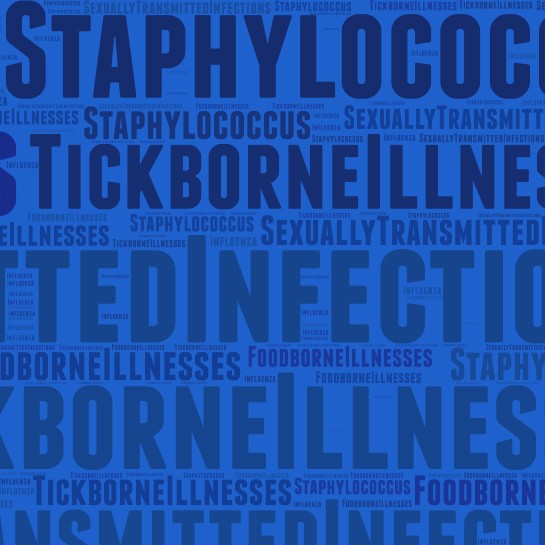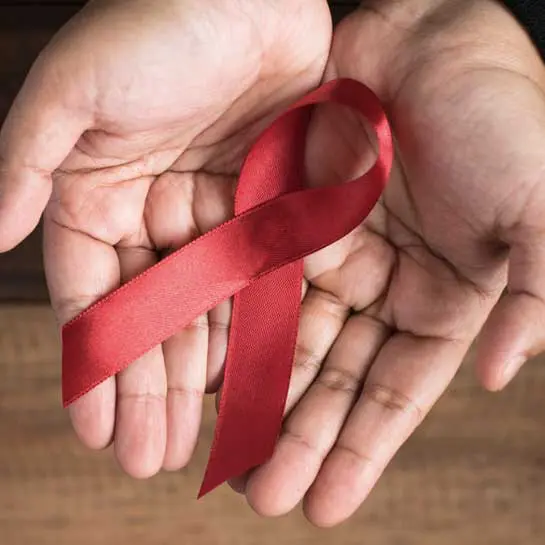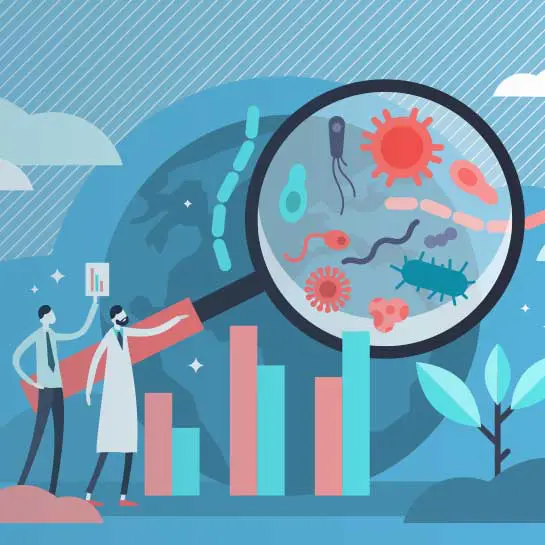Sexually Transmitted
Disease (STD) Treatment
What are Sexually Transmitted Diseases?
According to the Centers for Disease Control and Prevention (CDC), an estimated 20 million new sexually transmitted infections occur every year. While most STDs can be easily treated and don’t cause long-term health problems, some can cause serious harm if left untreated. This is especially true for women and women who are pregnant. At ID Care, we deliver compassionate and confidential STD treatment. Whether it’s Chlamydia, Gonorrhea, Genital Herpes, HIV/AIDs, Hepatitis B, HPV, Syphilis, or another type of sexually transmitted disease, we can give you the care you need and deserve.

Specially designed treatments based on the origin, form, and severity of your STD.
Symptoms of Common Sexually Transmitted Diseases
Sexually transmitted disease is a broad term that covers dozens of different types of infections that spread from person to person through intimate physical contact. Most sexually transmitted diseases are caused by bacteria, viruses, or parasites, which means the symptoms and treatment for one disease may be radically different from another. Here are some of the symptoms associated with the most common STDs.
Chlamydia
Many people do not have symptoms. Those that do may have:
- A burning feeling when urinating
- Abnormal discharge from the vagina or penis
- Lower abdominal pain
- Painful sexual intercourse for women
- Testicular pain for men
Gonorrhea
Often, people with gonorrhea do not know they have it. When symptoms are present, they are different for men and women.
Women may experience:
- Increased vaginal discharge
- Painful urination
- Vaginal bleeding between periods or after vaginal intercourse
- Painful intercourse
- Abdominal or pelvic pain
Men may experience:
- Painful urination
- Pus-like discharge from the penis
- Pain or swelling in one testicle
Genital Herpes
Because the virus that causes genital herpes may lay dormant for years, you can have the virus and not know you have it. When an outbreak occurs, it causes sores around the genital and rectal areas, buttocks, or thighs that turn into itchy, painful blisters that will burst and then heal.
HIV/AIDS
Symptoms of HIV infection are generally not immediate. It may take a few months before someone who is infected to have swollen glands or flu-like symptoms. Late-stage HIV symptoms include:
- Weight loss
- Dry cough
- Fatigue
- Weakness and numbness
- High fever
The final stage of infection, called AIDS, typically includes symptoms such as:
- Persistent high fevers
- Chills and night sweats
- White spots on the mouth
- Genital or anal sores
- Rashes
- Regular breathing problems
- Memory problems
- Pneumonia
- Persistent headaches
Hepatitis B
Symptoms can take between 1 month and 6 months to present if you’re infected with the virus that causes Hepatitis B. Signs to look for include:
- Jaundice
- Light-colored stool
- Fever
- Chronic fatigue
- Belly pain
- Loss of appetite, nausea, and vomiting
HPV
Some HPV strains cause cancers while others cause genital warts. HPV may also be present if you have common warts on your hands, fingers, or elbows. The general lack of symptoms is why a yearly Pap smear, which can detect signs of cervical cancer, is recommended for most women.
Syphilis
There are four stages of syphilis: primary, secondary, latent, and tertiary (or late). Symptoms depend on which stage you are in; however, the symptoms can overlap. The main sign of primary syphilis is a small sore on the skin. Because it can be inside the rectum or vagina, and it is painless, you may not notice it. You may notice swollen lymph nodes. Symptoms of secondary syphilis include:
- Skin rash with small, reddish-brown sores
- Sores in the mouth, vagina, or anus
- Fever
- Swollen glands
- Weight loss
- Hair loss
- Headache
- Extreme fatigue
- Muscle aches
Latent syphilis is hidden, with no symptoms. If syphilis is not caught in the earlier stages it can lead to severe complications in the tertiary stage, including neurological problems, stroke, dementia, heart valve disease, aneurysm, and more.
Don’t Wait – Get Tested for STDs at ID Care
The nurses, doctors, and specialists at ID Care have the expertise to get you quickly screened and treated with the appropriate medications for all sexually transmitted diseases. If you are experiencing any of the symptoms associated with an STD, or you think you may have been exposed to one, it’s important to seek medical care as soon as possible. If left undiagnosed and untreated, many STDs have painful or life-threatening consequences, especially for women. The sooner you are treated, the more effective the treatments tend to be, as well. Early STD treatment can also help prevent the spread of the disease in many cases. Getting tested for an STD typically involves a simple blood test or screening of a urine sample or other bodily fluid. Getting tested today is the easiest way to have peace of mind you’re looking for.
Get Expert, Compassionate STD Treatment at ID Care
At ID Care, we have over 40 board-certified physicians who are trained to give comprehensive infectious disease care. Our STD treatments will help alleviate your symptoms as quickly as possible. If you believe you are suffering from an STD or another infection, call one of our nine convenient locations to set up an appointment or learn more about our services.







